Amari Dewberry
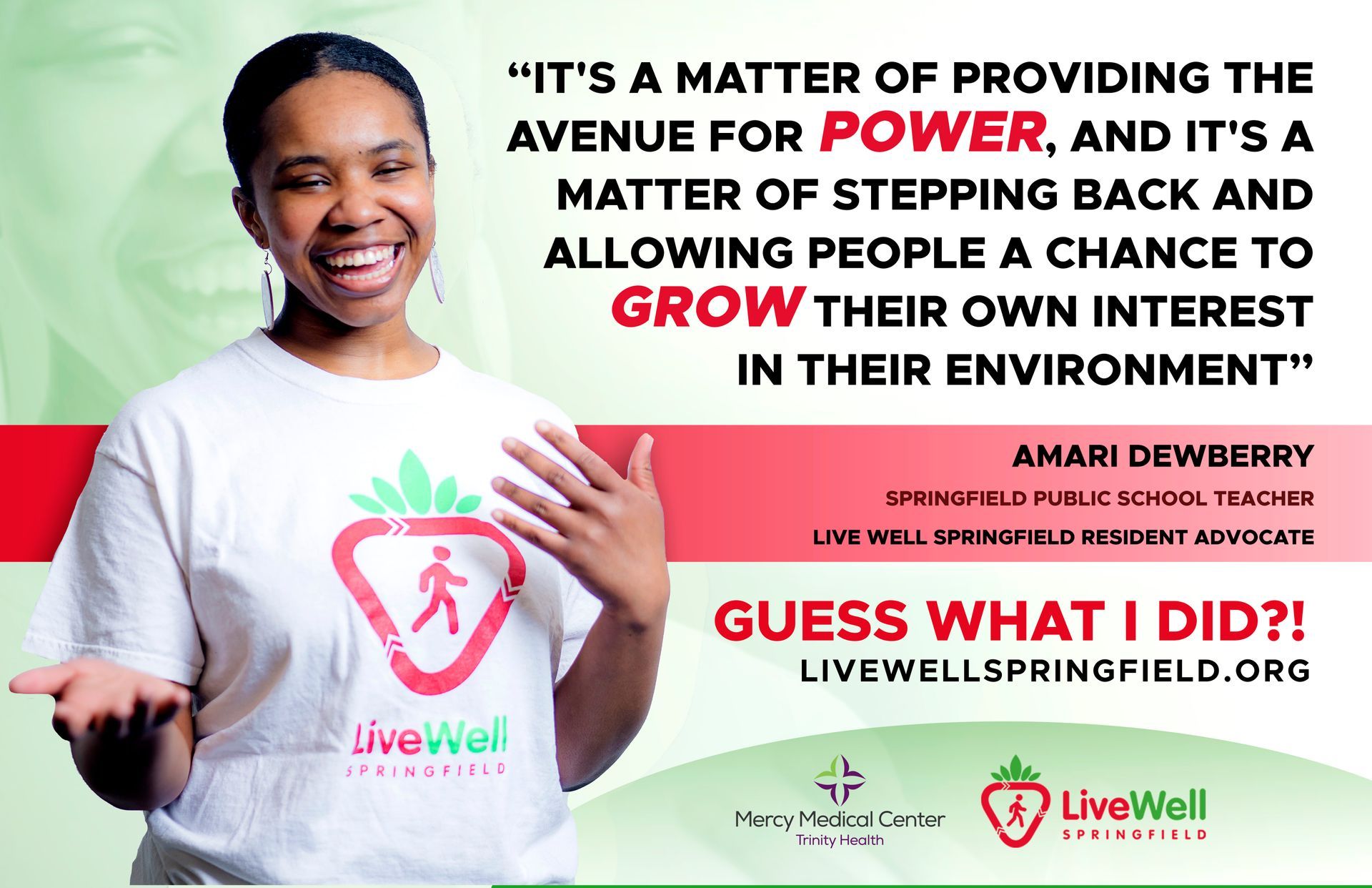
Amari’s passion for the environment began in elementary school when she first learned about climate change. “Just hearing about the impact, and things like needing to recycle, preserve water, protect animals always captured my interest and made me feel compelled to act, even at a young age.”
What do you envision for Springfield?
Amari wants to see more people involved in decision-making in her community, and she strives to remove some of the barriers to participation. “As an educator, I realize that language is very intimidating. When someone doesn't feel like they fully understand the language of what's happening, that can make people pull back...let’s find a way to adjust the language so that we can let people participate.”
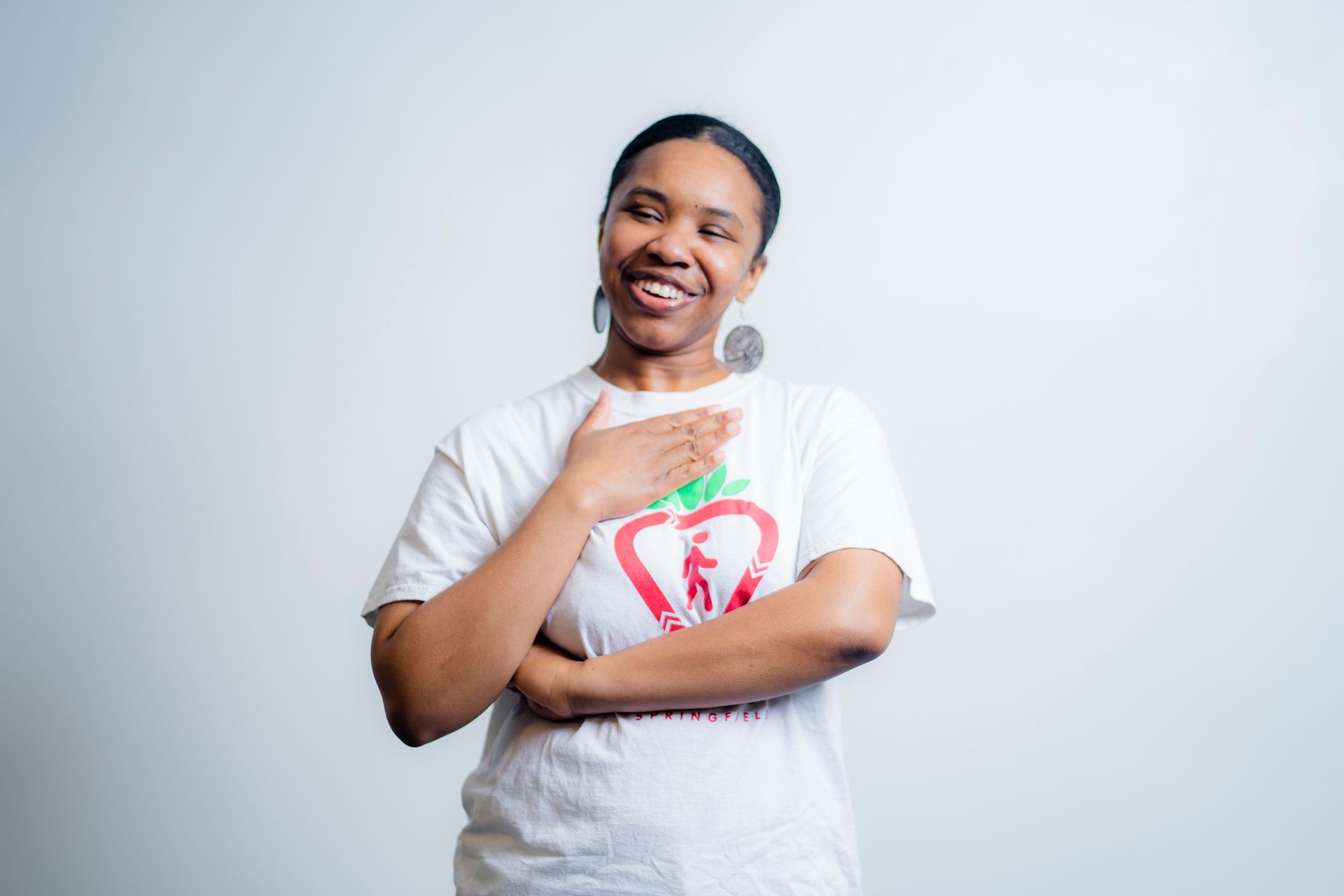
What advice would you give to others who want to start getting involved?
“I think the easiest way to start is by doing a little bit of research, figuring out what is it that you would like to get involved in. Maybe it's something as simple as: I'm tired of people driving really fast up and down my street…What are my resources? What are my options? I can look online to see what is being done about this or, I can reach out to my next door neighbor and say, ‘Hey, this has been really bothering me, and I was wondering if it was bothering you? Do you want to collaborate or talk about it?’”
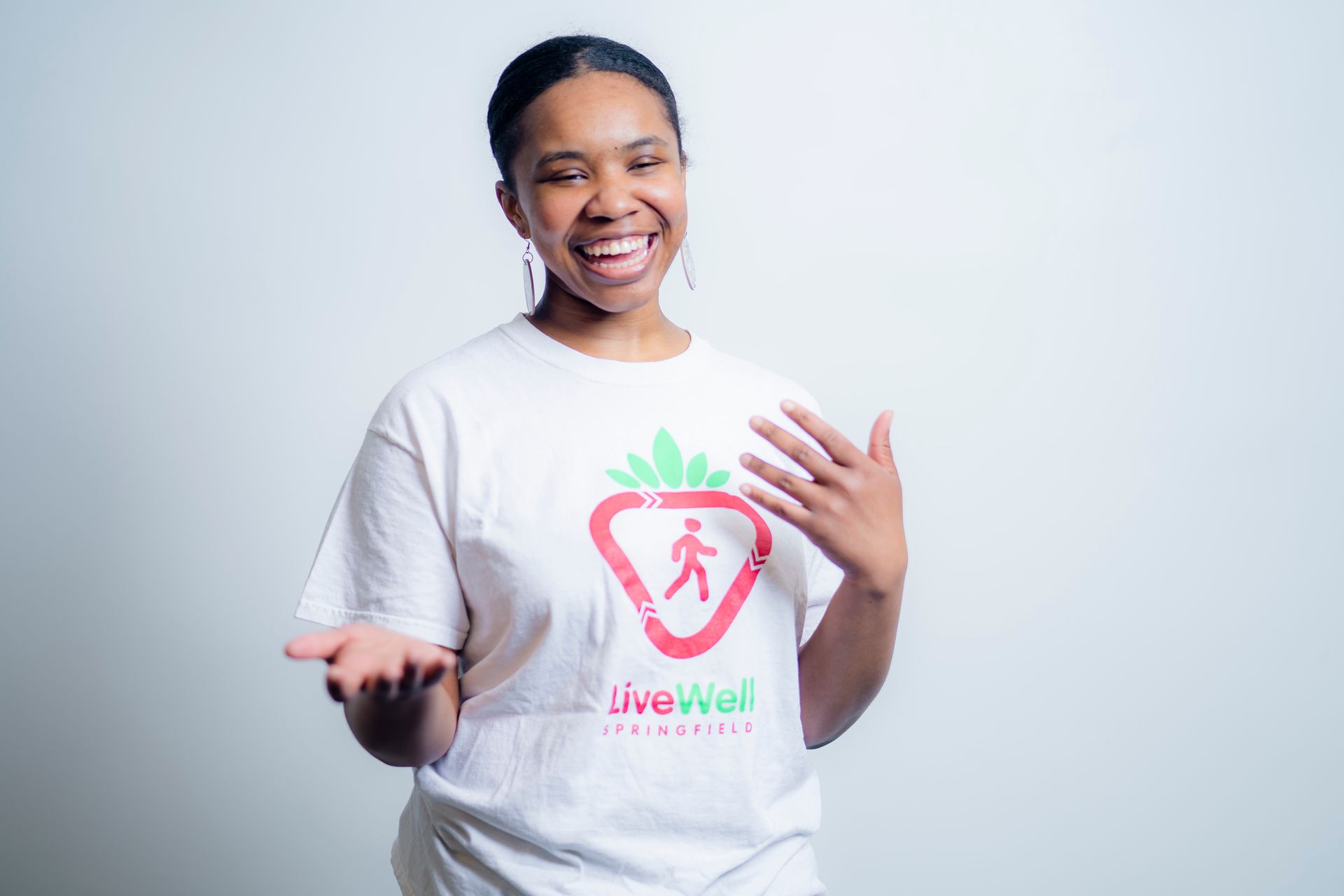
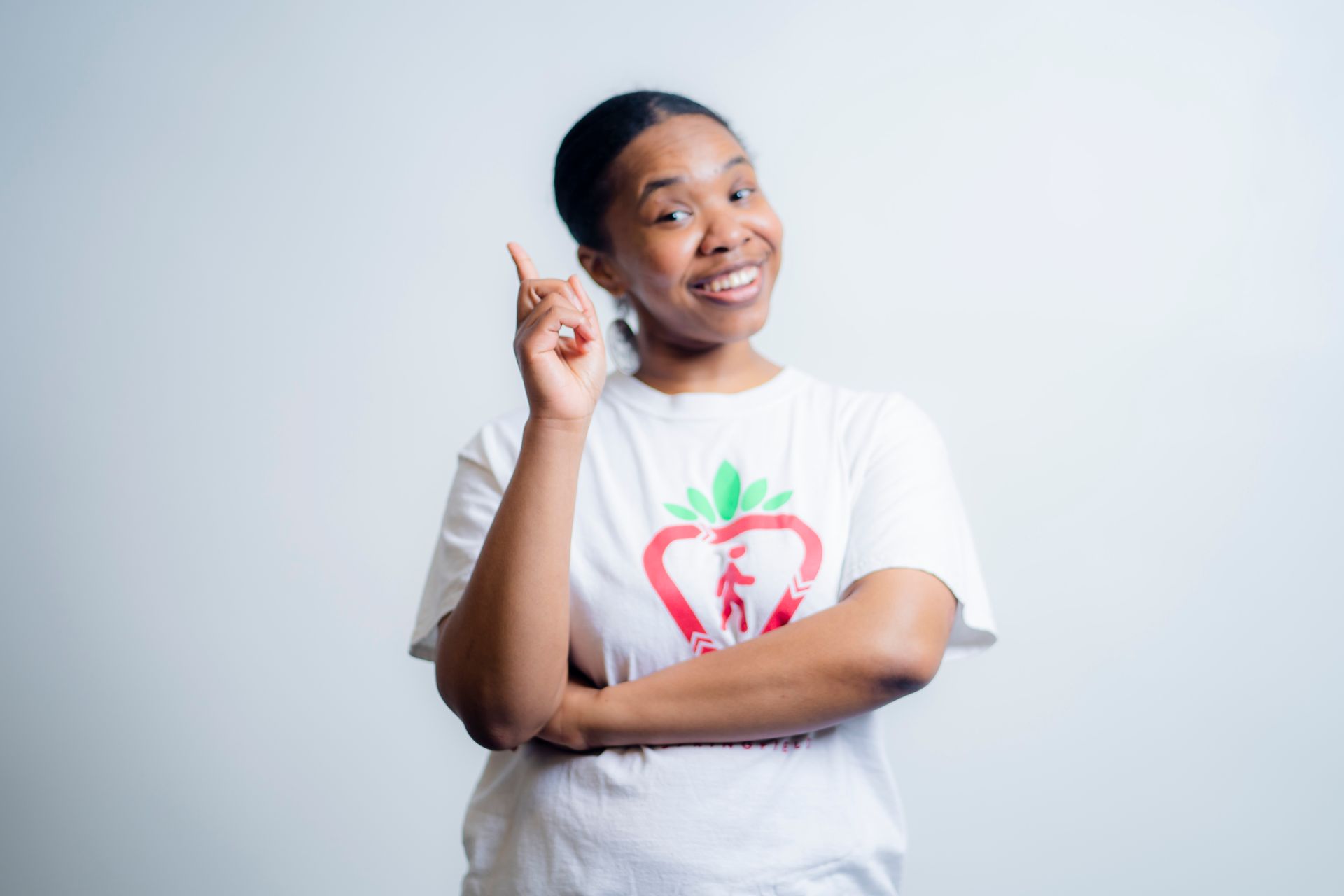
What issues concern you the most?
Where we live impacts what resources and opportunities we have access to. Amari says the placement of grocery stores and businesses, condition of sidewalks, location of bikeshares, historic redlining and zoning “play a big part in climate change and climate justice, because they continue ‘the divide’ and the harmful effect on the planet...” Amari is invested in anti-racist education and empowering people to participate in change. “You are a part of this, this planet, this country, this community, and you have a right to get involved.”
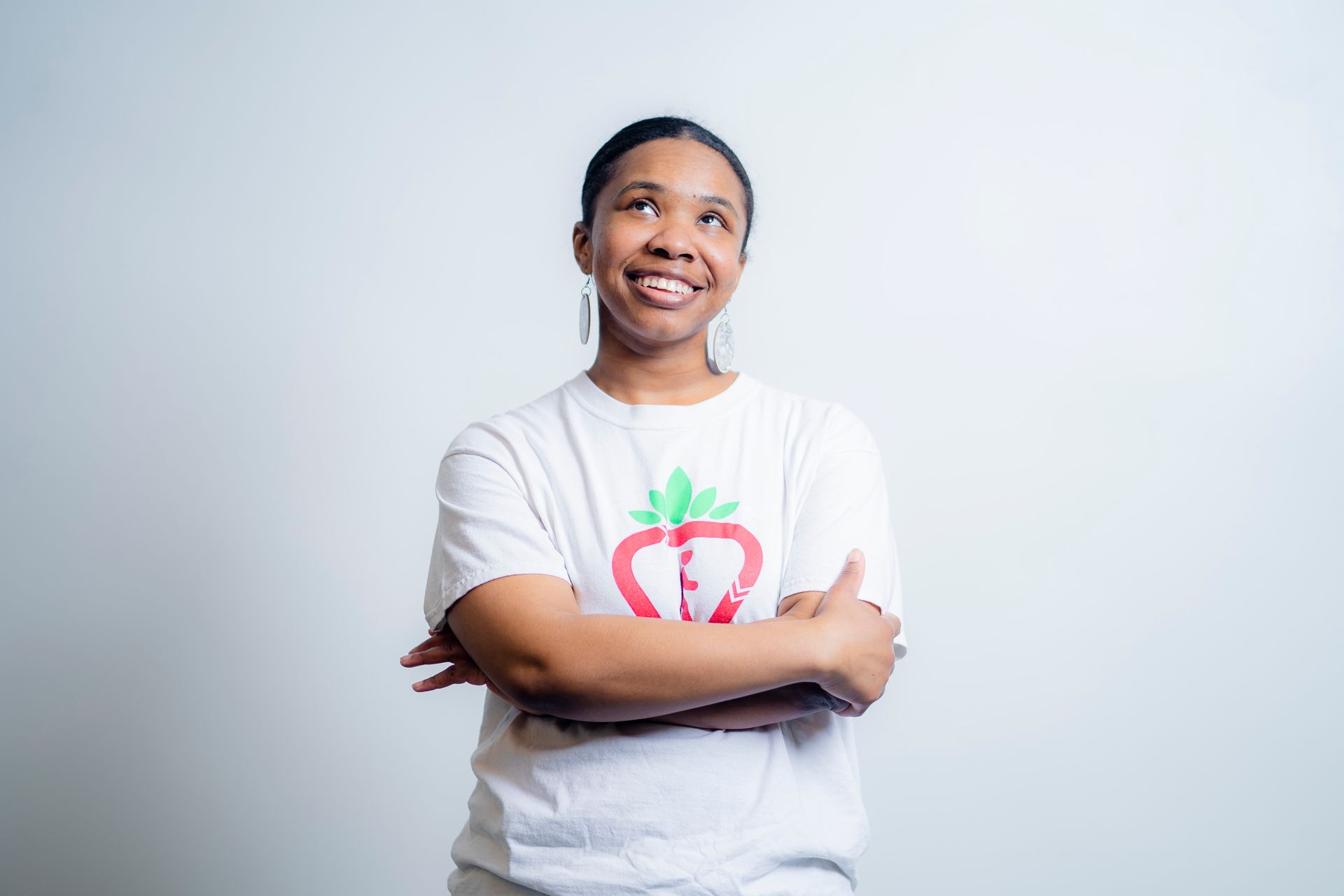
How do you stay involved in advocating even when life is already full of challenges?
“Honestly, I think it's a matter of balance. I'm not always able to be as involved or invested the way that I want to 100% of the time, because I do have other things going on…but I'm still making an impact.” Amari says we can also make small changes in our everyday life to help the environment, like reusable water bottles, composting, and growing your own food. “There’s always something you can do. It doesn't matter how small it is…I don't have to go save the world today. I just need to do something that makes me feel like, all right. I did my part.”



